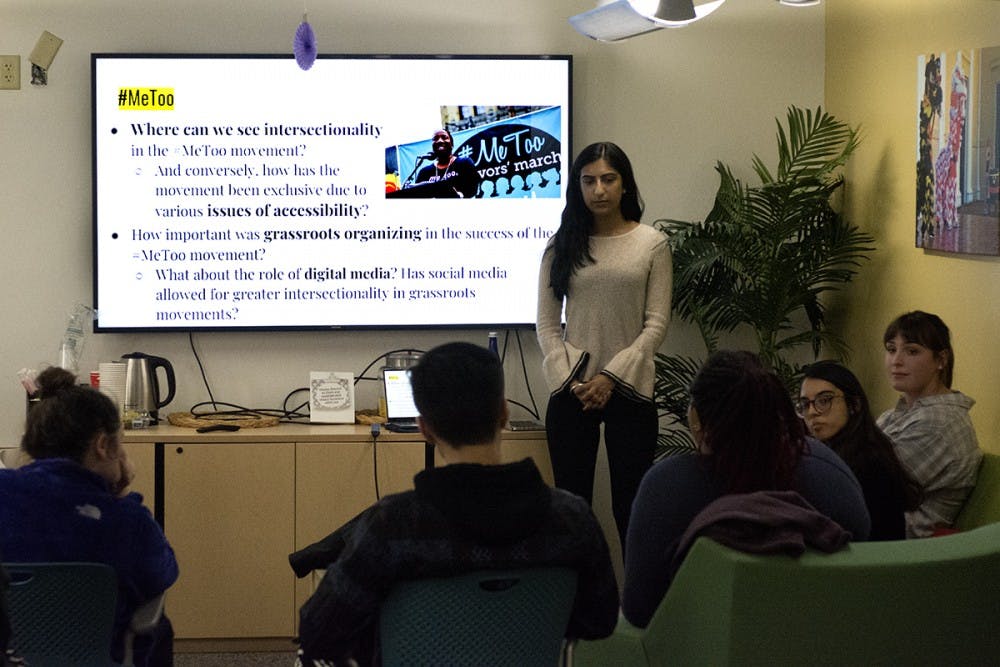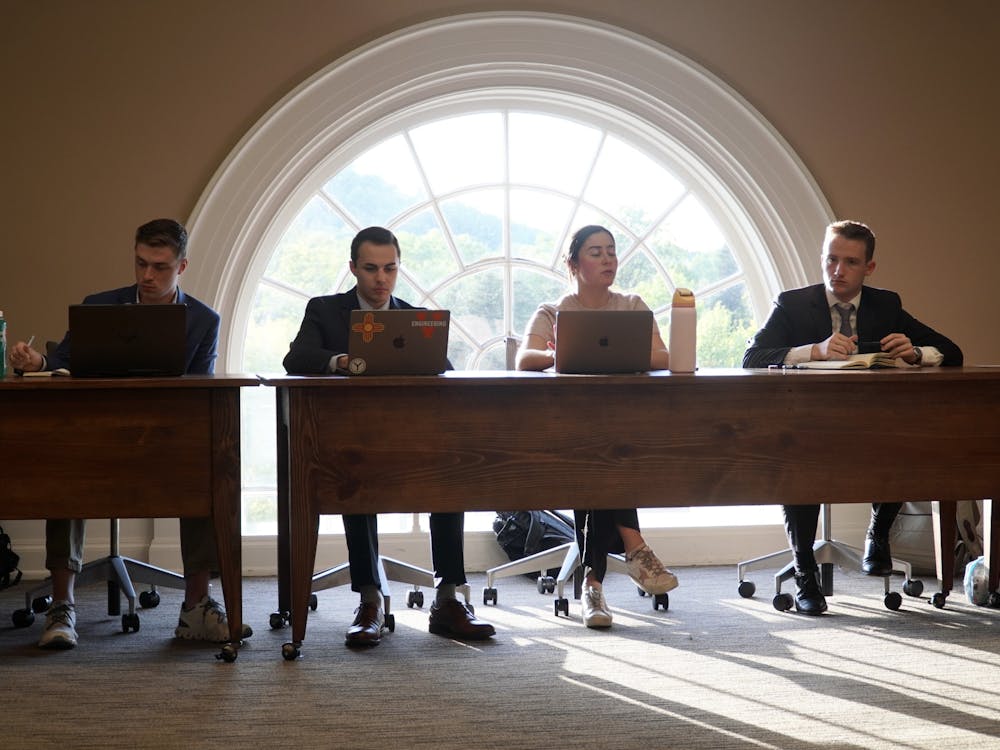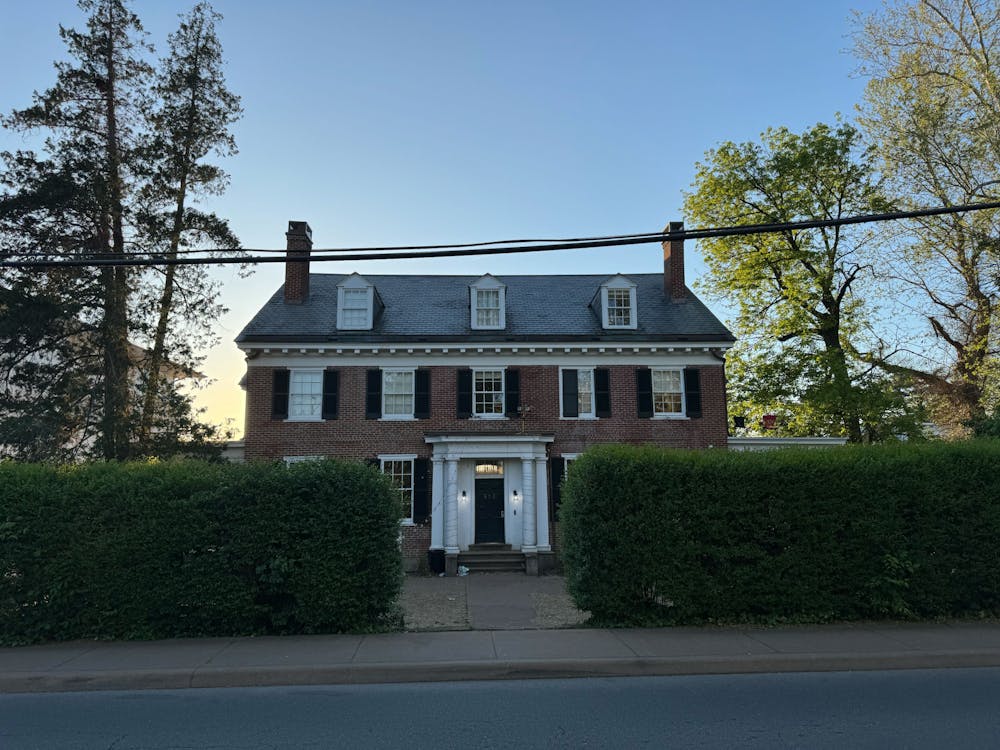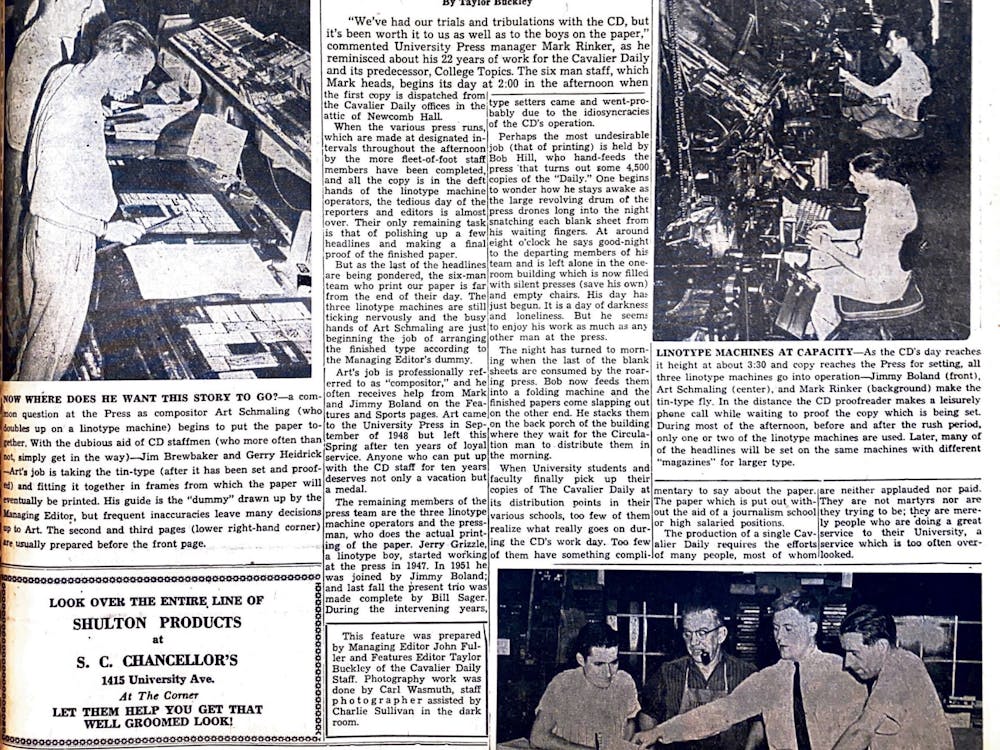In honor of Women’s History Month, GirlUp — an organization which focuses on peer mentorship as a way for female students to empower elementary-school girls — and the Multicultural Student Center hosted a discussion March 26 about intersectionality in student activism at the University through the facets of race and gender. This discussion, held in the Multicultural Student Center, involved a group of 15 students, 14 of whom were female.
First year College student Karime Malhi, the awareness chair of GirlUp, moderated the discussion. Short videos about Tarana Burke — the founder of the #MeToo movement against sexual harassment and assault — and Malala Yousafzai — a Nobel Peace Prize winner activist for female education in Pakistan — were screened to start the conversation.
Several students who attended shared that they originally associated the #MeToo movement with unrelatable white, wealthy celebrities because social media popularized these voices. These students also discussed the Burke video’s focus on the contributions of women of color to the #MeToo movement at the local level and beyond.
Emma Montgomery, a third-year College student and president of GirlUp, brought up the importance of grassroots organizing and peer mentoring when it comes to topics as personal as sexual assault.
“With something as incredibly sensitive as sexual assault, it’s important to have grassroots organizations to give survivors a face-to-face encounter,” Montgomery said.
Students in attendance discussed the importance of listening to non-Western voices such as Yousafzai’s when thinking about the feminist movement. Students highlighted the importance of respecting non-Western cultural traditions while still advocating for basic human rights such as education for girls, as Yousafzai did in Pakistan.
Malhi asked how the examples of Burke and Yousafzai could relate to students’ experience with diversity and inclusion at the University, which is predominantly white.
Hema Shah, a third-year College student and vice president of GirlUp, mentioned that it is problematic that students at the University might have to choose between various facets of their identity such as gender or race when deciding which student organizations to join.
“Female students of color might ask themselves, ‘Do I want to join a feminist group that’s predominantly white?’” Shah said. “Or do I want to join a cultural student group that never talks about gender?”
GirlUp also thought about the intersection between gender identity and inclusivity in considering how it should go about the process of recruiting and engaging potential group members. Specifically, the group was unsure of whether to open their activities up to males.
“In GirlUp we struggled with the issue of whether we should open up our space to men,” Malhi said. “We wanted to welcome male allies, but didn’t know if it would be more beneficial to have females mentoring females.”
In the end, the group chose to open membership to everyone, regardless of gender identity. GirlUp baegan meeting as a group on Grounds in 2016.
“We decided GirlUp is open to any gender-identifying people,” Montgomery said.
Camille Horton, a third-year College student and an education intern at the Multicultural Student Center, emphasized the importance of continuing to have discussions about inclusivity outside of designated spaces such as this discussion held in the MSC. To Horton, dialogue is the first step to inclusive environments and relationships.
“If you want to be a productive member of the activist community, you have to learn about other people’s identities,” Horton said. “The goal of these discussions is to go back to our individual activism groups and promote these conversations. Opening up a dialogue is a good first step.”





